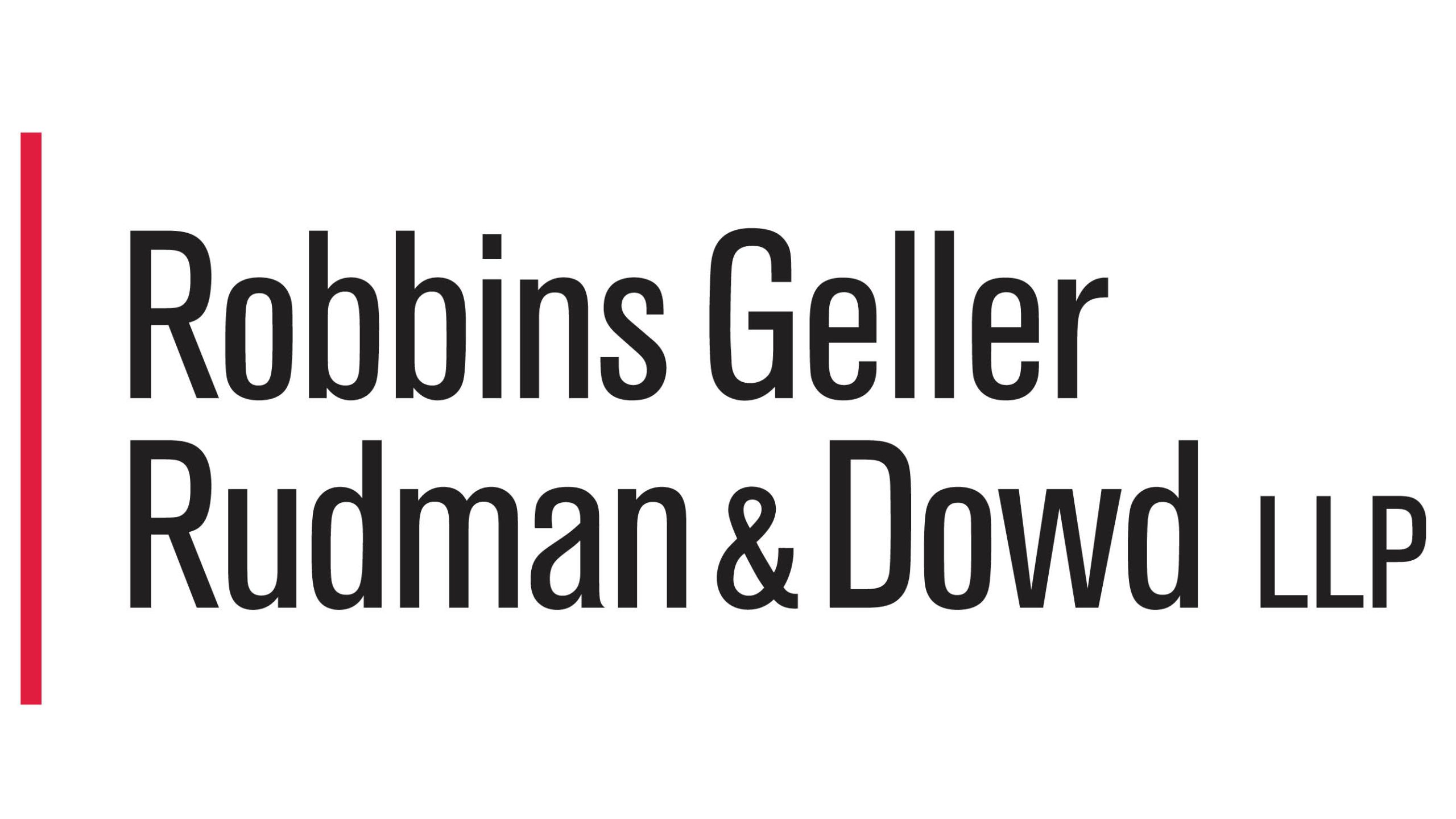A recent class action lawsuit has been filed against Akero Therapeutics, Inc., a clinical stage biopharmaceutical company, and certain executive officers for alleged violations of the Securities Exchange Act of 1934. The lawsuit, filed by Robbins Geller Rudman & Dowd LLP, seeks to represent purchasers of Akero Therapeutics common stock between September 13, 2022, and October 9, 2023.
According to the allegations, Akero is accused of making false and misleading statements during the class period. The company claimed to be evaluating its lead product candidate, efruxifermin (EFX), in two Phase 2 clinical trials for the treatment of nonalcoholic steatohepatitis (NASH), a serious liver disease. However, it is alleged that approximately 20% of the patients enrolled in one of the trials did not have definitive NASH at baseline, and their results were included in the calculation of the trial’s outcomes.
The class action lawsuit further alleges that Akero had introduced a confounding factor into the trial’s design, increasing the risk of failure to meet its primary endpoint. Additionally, it is claimed that the trial did not align with U.S. Food and Drug Administration guidelines for testing a drug in treating NASH cirrhotics. As a result, Akero is accused of misrepresenting the trial’s nature, its usefulness in supporting a new drug application, and the likelihood of EFX becoming a commercial treatment for NASH cirrhotics.
The market allegedly became aware of these issues when Akero disclosed the 36-week results of the study on October 10, 2023. This revelation led to a significant decline in the company’s stock price, causing investors to suffer substantial losses.
If you purchased Akero Therapeutics common stock during the specified class period and incurred losses, you may be eligible to act as a lead plaintiff in this class action lawsuit. The lead plaintiff will be responsible for representing the interests of all class members. It’s important to note that participating as a lead plaintiff is not a requirement to share in any potential future recovery.
Robbins Geller Rudman & Dowd LLP is a renowned law firm with extensive experience in prosecuting investor class actions, including cases involving financial fraud. Their past successes include recovering billions of dollars for investors.
If you wish to learn more about this class action lawsuit or obtain a copy of the complaint, you can visit the official website of Robbins Geller or contact their attorneys directly.
In addition to the information provided in the article, it is important to consider current market trends, forecasts, and key challenges or controversies associated with Akero Therapeutics and the class action lawsuit.
Akero Therapeutics operates in the biopharmaceutical industry, specifically focusing on the development of treatments for nonalcoholic steatohepatitis (NASH), a serious liver disease. NASH has become a significant area of interest in the pharmaceutical industry due to the growing prevalence of the disease and the lack of approved treatments.
Market Trends:
1. Increased Demand for NASH Treatments: The market for NASH treatments is expected to grow significantly in the coming years due to the rising prevalence of the disease. This has led to increased investment and research in finding effective therapies.
2. Development of Novel Therapies: Pharmaceutical companies, including Akero Therapeutics, are actively developing novel therapies for the treatment of NASH. The introduction of innovative treatments has the potential to disrupt the market and provide new options for patients.
Forecasts:
1. Market Growth: The global NASH therapeutics market is projected to experience substantial growth in the forecast period. According to a report by Grand View Research, the market is expected to reach a value of $25.13 billion by 2025, with a compound annual growth rate of 45.6%.
2. Regulatory Hurdles: The development of NASH treatments faces regulatory challenges, as the U.S. Food and Drug Administration (FDA) has yet to approve any specific therapy for NASH. Meeting the regulatory requirements and demonstrating safety and efficacy remain essential hurdles for companies working in this space.
Key Challenges or Controversies:
1. Allegations of Securities Exchange Act Violations: The class action lawsuit against Akero Therapeutics alleges that the company made false and misleading statements regarding its lead product candidate’s clinical trials and misrepresented the trial’s nature and potential. These allegations, if proven true, could have significant implications for the company’s reputation and investor confidence.
2. Clinical Trial Design Issues: The lawsuit highlights concerns about the design of one of the Phase 2 clinical trials conducted by Akero Therapeutics. Specifically, the inclusion of patients without definitive NASH at baseline and the trial’s failure to align with FDA guidelines for testing a drug in treating NASH cirrhotics are cited as potential confounding factors.
Advantages and Disadvantages:
Advantages:
– The development of an effective treatment for NASH presents a significant opportunity for Akero Therapeutics. Success in clinical trials and subsequent approval could lead to substantial market share and revenue growth.
– The class action lawsuit may serve as a mechanism for affected investors to seek compensation for their losses if the allegations against Akero are confirmed.
Disadvantages:
– The allegations in the class action lawsuit, if proven true, could damage Akero’s reputation and investor confidence, potentially affecting the company’s ability to raise capital or find partners for future endeavors.
– The outcome of the lawsuit is uncertain, and the associated legal proceedings can be time-consuming and expensive for the company.
Suggested related link:
– Akero Therapeutics Website

